Submission to the Economic Regulation Authority on Gas Marketing Code of Conduct 2024 Draft Review Report
WACOSS the opportunity to make a submission to the Economic Regulation Authority on the Gas Marketing Code of Conduct 2024 Draft Review Report. This submission responds only to recommendation three of the Draft Review Report as recommendations one and two are relatively minor and procedural.
Recommendation 3: Gas Marketing Claims
Residential decarbonisation, through the electrification of homes, is a critical step in the energy transition and key to mitigating the impact of climate change on our community. To support this, consumers need to be equipped with accurate and contextualised information that enables them to navigate the energy transition and the changing market. However, as outlined by the Draft Review Report, this is not currently the case – with consumers being subject to misleading and confusing market information about the cost-effectiveness and efficiency of appliances.
In the face of increasing cost of living, a growing number of people are struggling to afford their energy bills.1 In WA, the HUGS Service Centre, a grant scheme that assists WA utility customers in financial hardship, report increasing demand. Between July and December 2023, the Centre received 16,700 calls and supported 7,312 clients to access support. Over the same period in 2022, the HUGS Service Centre received 6,841 calls and supported 4,795 clients.2
Of those struggling to cover the cost of energy, people on low incomes are disproportionately represented as a greater proportion of their income goes to energy bills.3 In practice, this means that when bills go up, families on low income have little discretionary income to cover the increased costs. Inaccurate or misleading information can be particularly detrimental as families may unintentionally opt for less efficient or less cost-effective products, which in turn places greater pressure on their already overstretched financial resources.
A 2023 Energy Consumers Australia study found that only 56% of households felt they had access to enough easy to understand information about energy products and services. Households struggling not directly ask participants about appliances, it is easy to see that many families – particularly families in financial hardship – would find it difficult to navigate information and decisions relating to energy services and products.
It is imperative that people, particularly low-income households, are equipped with correct and contextualised information that enable them to make informed choices about their energy products and reduce their energy bills as much as possible.
As such, WACOSS strongly supports Recommendation 3 of the 2024 Draft Review Report, which, if adopted, would require gas retailers to provide context when making comparative claims to consumers about cost, efficiency and environmental or other impacts of gas. This is a good step towards ensuring all households can make truly informed decisions about their energy products and appliances, and ensuring that no West Australian is left behind.
In implementing Recommendation 3, WACOSS recommends that the Code of Conduct adopts language like that used in the Non-broadcast Advertising and Direct & Promotional Marketing (Cap Code) in the UK to provide further clarification to retailers about what is required under the revised Code. For example, the UK Cap Code requires the basis of environmental claims to be clear. It requires marketers to base environmental claims on the full life cycle of the advertised product and that when claims of ‘greener’ or ‘friendlier’ are made, the comparison must address the total environmental benefit. These requirements could be incorporated and extended to claims of cost and efficiency in the Code of Conduct.
For any enquiries about this submission please contact Sophie Hantz, Senior Policy Officer, [email protected], 08 6381 5300.
References
1 Energy Consumers Australia, Understanding the Energy Divide, (December 2023).
2 Financial Wellbeing Collective, Update July-December 2023. Provided to WACOSS as personal correspondence.
3 Energy Consumers Australia (n 1).
4 Ibid.




